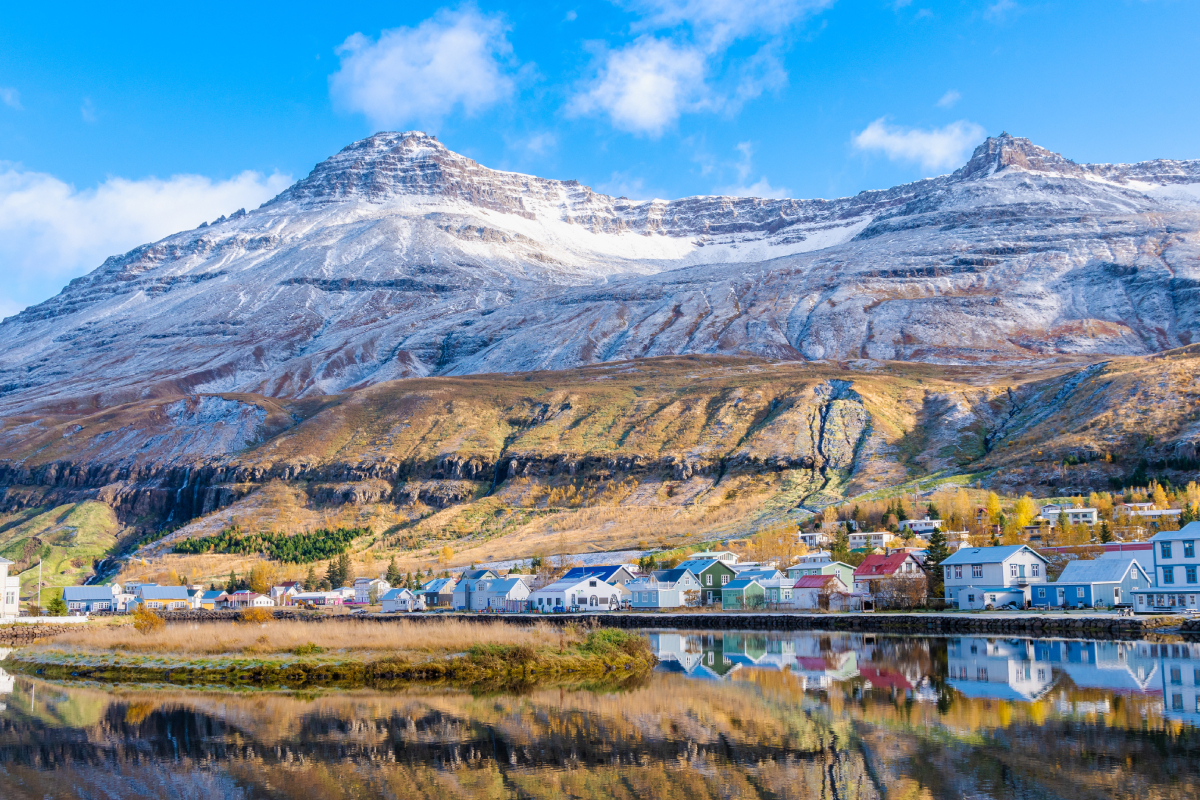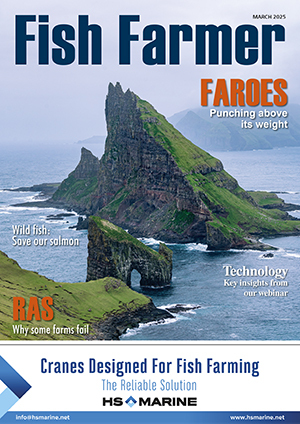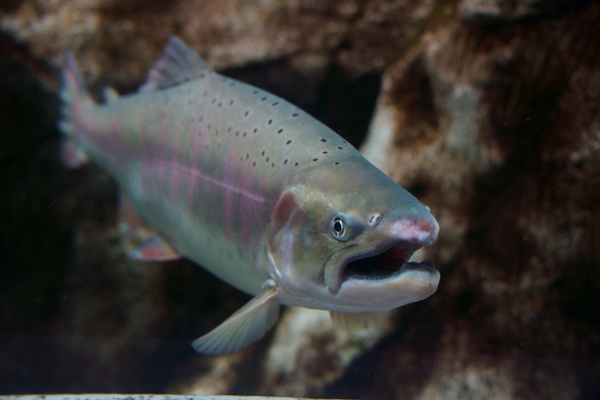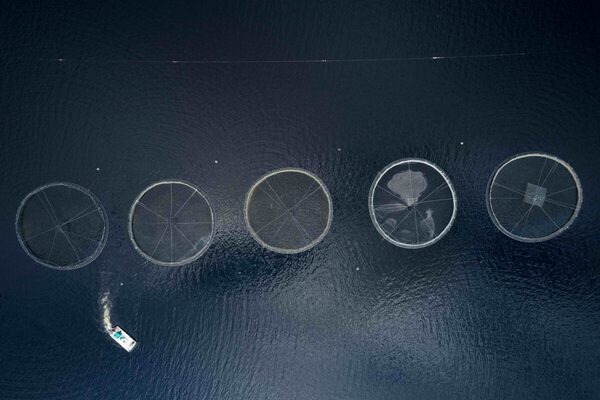Salmon company granted 10,000 tonnes in contested area
A salmon farming application extension has been granted an operating licence, in principle, by the Icelandic Food Veterinary Authority MAST, despite earlier objections to the scheme. The licence is subject to approval on environmental grounds.

MAST has prepared a proposal for an operating licence for Kaldvíkur hf’s sea farm with a maximum biomass of salmon of up to 10,000 tonnes.
Kaldvíkur hf is a 100% owned subsidiary of Kaldvik AS, the business formerly known as Ice Fish Farm.
The maximum biomass of fertile salmon in Iceland can be up to 6,500 tonnes. The Kaldvíkur proposal is based on an assessment report from 2020 regarding a proposed additional 10,000 tonnes of salmon farming in Seyðisfjörður, in the eastern region of Iceland.
The new operating licences will allow, on the one hand, the farming of 6,500 tonnes of fertile salmon and, on the other hand, 3,500 tonnes of infertile salmon in Seyðisfjörður.
The Marine Research Institute’s carrying capacity assessment for Seyðisfjörður assumes that it is possible to have up to 10,000 tonnes of biomass in farming in the fjord.
The Marine Research Institute’s genetic admixture risk assessment, however, only assumes that it is possible to have 6,500 tonnes of fertile salmon in the fjord, and therefore two licences are advertised in accordance with the current aquaculture rules.
The Institute’s carrying capacity assessment for Seyðisfjörður says that it is possible to have a total of up to 10,000 tonnes of biomass in farming in the fjord, which had been contested in the past by objectors to the development.
Comments on the proposal must be in writing and sent to the Icelandic Food and Veterinary Authority at mast@mast.is marked “18081324”. The deadline for submitting comments is 20 January 2025.




